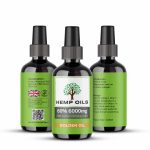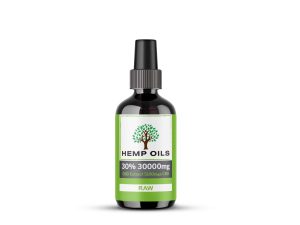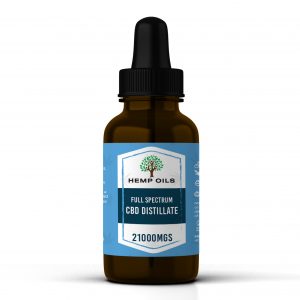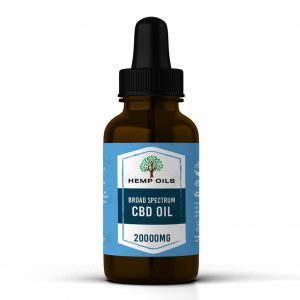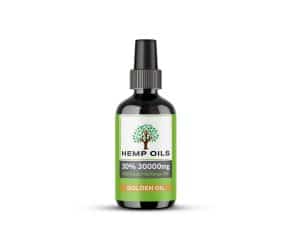CBD distillate is a highly concentrated form of cannabidiol, a compound found in the cannabis plant. It is a popular choice among consumers due to its purity and potency. The process of making CBD distillate involves multiple steps and requires specific equipment and ingredients. This article will provide a comprehensive guide to understanding how CBD distillate is made, from the initial production to quality control and testing.
Introduction to CBD Distillate Production
CBD distillate production begins with the extraction of CBD oil from mature hemp plants. This oil is then refined further to remove impurities and unwanted compounds, resulting in a cleaner and more concentrated form. The goal of CBD distillate production is to create a highly pure and potent product that retains the beneficial properties of CBD while eliminating any undesirable elements.
Step-by-Step Guide: CBD Distillate Manufacturing Process
-
Extraction: The first step in CBD distillate production is the extraction of CBD oil from hemp plants. This can be done through various methods, including solvent extraction, CO2 extraction, or ethanol extraction. Each method has its advantages and disadvantages, but the goal is to separate the CBD oil from the plant material.
-
Winterization: Once the CBD oil is extracted, it undergoes a process called winterization. This involves mixing the oil with ethanol and freezing it overnight. The freezing process helps to separate any remaining impurities, such as fats and waxes, from the CBD oil. Afterward, the mixture is filtered to remove these unwanted compounds.
-
Decarboxylation: After winterization, the CBD oil is decarboxylated. This process involves heating the oil to a specific temperature to activate the cannabinoids present in the oil. Decarboxylation converts the inactive forms of cannabinoids, such as CBDa, into their active forms, such as CBD. This step is crucial in maximizing the potency and effectiveness of the CBD distillate.
-
Distillation: The next step is distillation, where the CBD oil is heated and vaporized. This vapor is then condensed and collected to obtain a highly concentrated CBD distillate. Distillation helps to remove any remaining impurities and separate the CBD from other compounds present in the oil.
-
THC Removal: In some cases, CBD distillate may undergo an additional step to remove THC, the psychoactive compound found in cannabis. This process, known as THC remediation, is essential for producing CBD distillate with non-detectable THC levels, making it legal and safe for consumption.
-
Dilution and Formulation: Finally, the CBD distillate is diluted with a carrier oil, such as MCT oil, and can be further formulated into various products, such as tinctures, capsules, or topicals. This allows for easy and convenient consumption by consumers.
Key Ingredients and Equipment Used in CBD Distillate Production
The key ingredients used in CBD distillate production include mature hemp plants, solvents (such as ethanol or CO2), and carrier oils. The hemp plants provide the source of CBD, while solvents are used for extraction and winterization processes. Carrier oils are used to dilute the concentrated distillate for easy consumption.
The equipment used in CBD distillate production includes extraction machines, filtration systems, evaporators, and distillation equipment. Extraction machines help to separate the CBD oil from the plant material, while filtration systems remove impurities. Evaporators and distillation equipment are used in the distillation process to vaporize and condense the CBD oil.
Quality Control and Testing: Ensuring Pure CBD Distillate
To ensure the production of pure CBD distillate, quality control and testing are crucial steps. This involves thorough testing of the CBD oil, distillate, and final products for potency, purity, and the absence of contaminants. Quality control measures may include third-party lab testing, adherence to Good Manufacturing Practices (GMP), and compliance with regulatory standards.
CBD distillate production is a meticulous process that involves multiple steps and the use of specific equipment and ingredients. Understanding the process and the importance of quality control ensures the production of pure and potent CBD distillate for consumers to enjoy. By following these steps and adhering to regulatory standards, manufacturers can produce CBD distillate that meets the highest quality standards, providing a safe and effective product for consumers.
